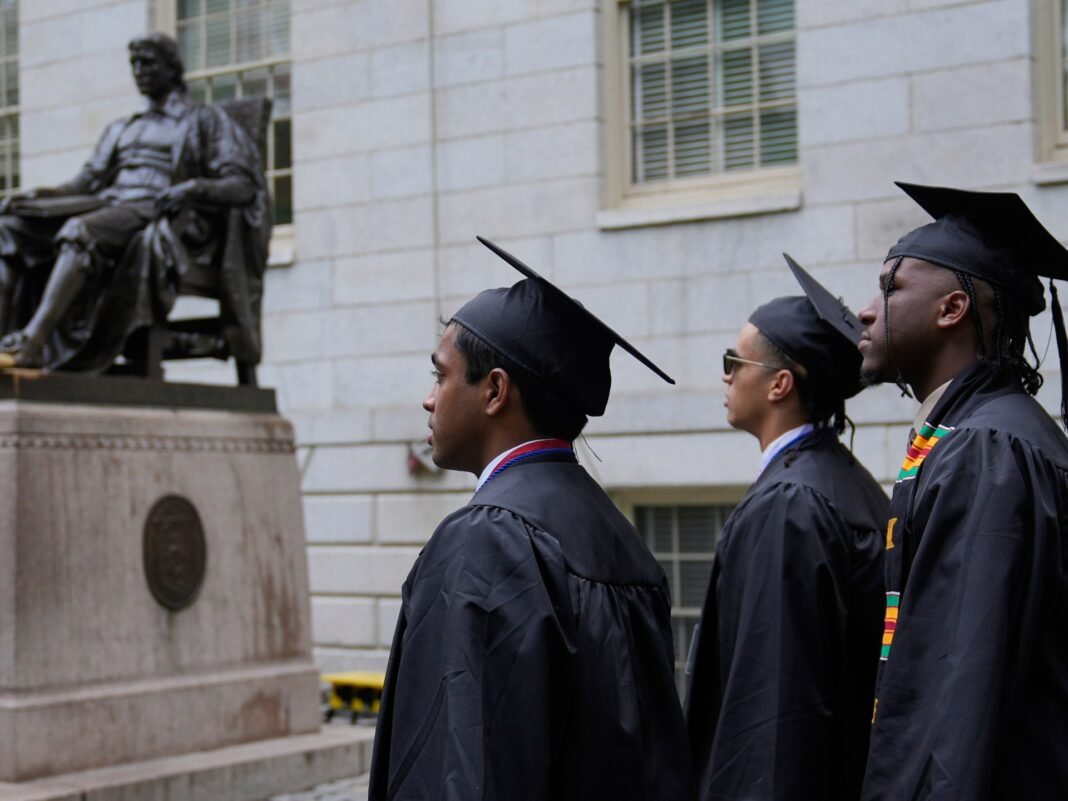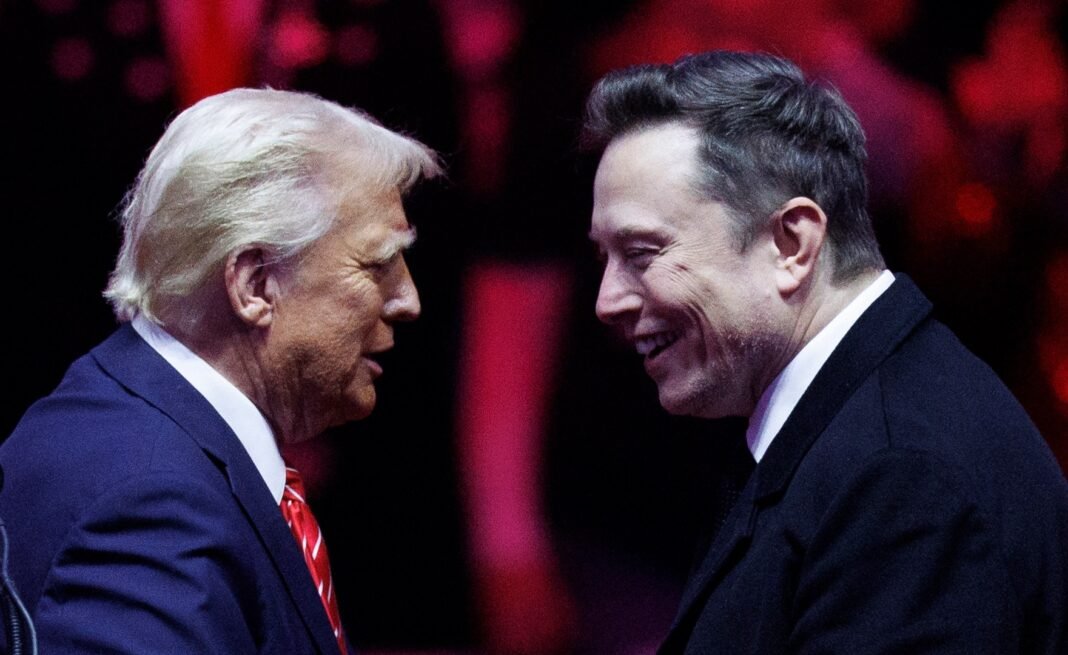Intensifying Legal Dispute Over Harvard’s international Student Restrictions
A federal court in Massachusetts has temporarily halted President Donald Trump’s recent executive order that prohibits international students from enrolling at Harvard University. This injunction was issued shortly after Harvard broadened it’s lawsuit to contest the new limitations targeting its foreign student body.
US District Judge Allison Burroughs granted the temporary restraining order late Thursday,emphasizing the significant and immediate harm Harvard would endure if the president’s directive were enforced before a thorough judicial examination. The ruling suspends any implementation of the executive order designed to prevent foreign nationals from entering the United States specifically for study at Harvard.
This decision builds on an earlier emergency injunction obtained by Harvard in May, which blocked the Department of Homeland Security (DHS) from disabling access to a vital system used for registering international students holding US visas. That prior action had jeopardized both current and prospective foreign students’ ability to maintain their enrollment status.
Understanding Trump’s Executive Order on International Students
On Wednesday, President Trump signed an executive order claiming that restricting entry for certain international students was necesary for national security reasons. He described these individuals as a “category of aliens” whose presence allegedly threatened American interests. Invoking powers under the Immigration and Nationality Act, he justified barring their admission into the country.
Harvard vehemently challenged this justification in court filings submitted Thursday, arguing it is indeed part of a politically motivated campaign against elite universities rather than a genuine security concern. The university contended these measures represent retaliatory actions aimed at undermining academic institutions instead of protecting national safety.
The updated complaint highlighted that over 7,000 F-1 and J-1 visa holders enrolled at Harvard-and their families-have been ensnared in what it termed “a government vendetta,” illustrating how such policies disrupt educational pursuits and personal lives without legitimate cause.
The Growing Rift Between Elite Universities and Federal Authorities
Tensions between President Trump’s governance and prestigious universities like Harvard escalated earlier this year amid widespread campus protests supporting Palestinian solidarity during israel’s conflict with Gaza. The administration labeled these demonstrations as anti-Semitic acts and threatened consequences for foreign students involved in such activism.
Protest organizers maintained their events were peaceful calls for human rights advocacy; however, critics accused Trump of leveraging these incidents to tighten federal control over higher education institutions nationwide-including Ivy league schools such as Columbia University alongside Harvard.
Federal Funding Reductions Stir Controversy
An illustrative case occured when Columbia University faced a $400 million cut in federal funding following protest encampments inspired by its campus spreading across other universities in early March 2025. Subsequently, Columbia agreed to comply with several federal demands-from revising disciplinary policies to reassessing Middle East studies programs-to restore financial support streams.
Conversely,Harvard resisted similar pressures citing concerns about infringements on academic freedom. This defiance prompted President trump not only to threaten revocation of its tax-exempt status but also barred it from receiving future federal research grants-a critical setback given that federally funded projects accounted for roughly 30% of research budgets among leading universities according to recent National Science Foundation data (2024).
DHS Actions Targeting International Student Enrollment Systems
The Department of Homeland Security intensified efforts last May by announcing plans to revoke Harvard’s access to SEVP (Student Exchange Visitor Program), essential for monitoring international student visa compliance. Losing SEVP access would have forced thousands either out of legal compliance or compelled them into transferring elsewhere-jeopardizing educational continuity amid global uncertainties heightened by shifting immigration policies post-pandemic (UNESCO report 2024).
The Wider Impact: Academic Freedom Under Strain
This ongoing legal battle highlights broader challenges where immigration enforcement intersects with higher education autonomy during politically charged times marked globally by rising nationalism trends affecting cross-border student mobility (ICEF Monitor reports a 15% drop in new international enrollments across U.S institutions as early as 2025).
The dispute underscores how political agendas can directly influence diversity initiatives within academic communities while raising critical questions about balancing national security priorities against preserving open intellectual exchange-an essential driver behind innovation and cultural understanding on internationally renowned campuses like those within Ivy League networks.
Navigating Future Legal Proceedings
With Judge Burroughs’ recent ruling temporarily blocking enforcement actions related directly or indirectly toward limiting foreign student admissions at harvard pending full litigation outcomes-the university continues resisting what it describes as retaliatory tactics undermining both educational missions and immigrant contributions integral since decades ago when nearly one-third of graduate STEM researchers originated abroad according to NSF reports (2024).





